Laura Hazard Owen wrote an interesting piece for PaidContent about the role of a personal journal in the digital age.
Her journaling experiences were of the keyboard input nature:
I sat down at the big old desktop PC in my family’s basement, opened a new Word document and started my first diary. 15 years later, I am still writing in the diary I began back in 1997.
She noted how her diary could still serve as an accurate representation of her life (at least, an accurate representation of the way she perceived her life to be at the time), which is the point of a diary.
Aha! A disconnect!
The headline stated personal journal. To me, that a notebook (lined or not) where you express your personal thoughts and ideas. You write about experiences — trying to make sense of things. In a way, the journal helps stop the pinging in your head that happens when you revisit a scenario over and over. I think of it as a squeezing out of the brain, like a sponge, so new ideas can enter freely.
For me journaling was also a way to get my head “correct” for my interactions with others. I was taught by my mom that women could go where their interests led them, as long as they outwardly appeared to behave themselves. And she’s the one who said journaling was a way of keeping my thoughts to myself. Anyway, being an artist, doing a handwritten journal which includes illustrations to express myself was definitely helped.
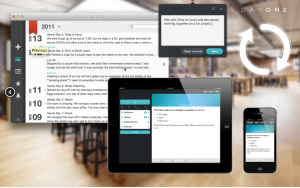
Circling back to Ms. Hazard Owen’s article, there are a number of digital tools available for diary-keeping (which seems like detailed “timelining” or Timeline Plus — more than what’s on Facebook). I’ve heard people at the cafe say they could never keep a hand-written journal but would be happy to do one electronically. Maybe some of these apps can help.
She mentions an app called Day One for Mac, iPhone and the iPad that syncs with Dropbox for backup. The example given though sounds more like something fans of Evernote do “write down an idea.”
Having shared stories of other people’s diary uses, the author swings back around to the purpose of her diary:
In 2013, a diary still fulfills the role that diaries have for hundreds of years: It’s a private account of one’s life. In my diary, I don’t have to be nice, funny or interesting; in fact, one thing that strikes me repeatedly as I read past diary entries — including those from this year — is how boring they often are. Most of the entries would make for terribly dull and self-obsessed blog posts, or would make me sound like the bitchiest person on Facebook (and thank god that wasn’t around when I was 13).
So it seems that step one is to know what your intentions are — why do you want to keep a diary or journal? In fact, that can be the first entry.
I am a strong advocate of using a personal journal as a means for expressing thoughts and ideas through a mind-to-hand connection– no technology to muck up the flow. It’s basic, but it works. The other ways are good too, but you should always know why you are doing what you are doing.
###
Editor’s note: The author, Frannie, was a screenwriter credited with writing 325 scripts of every genre over a 25-year career spanned that spanned the silent and sound eras.
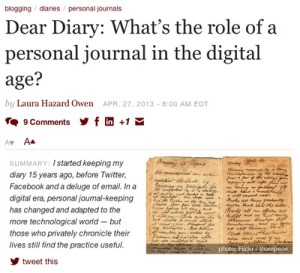


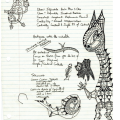
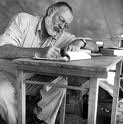

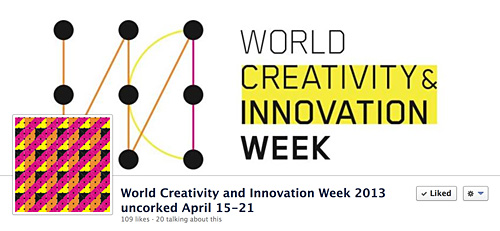
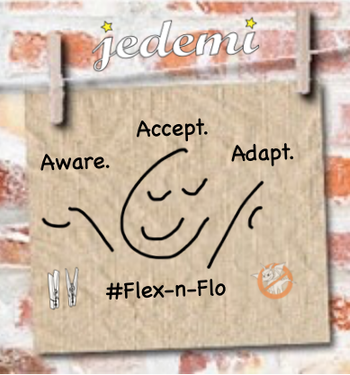
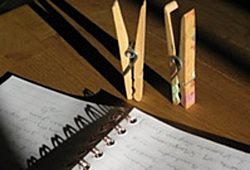
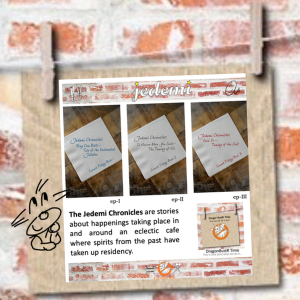
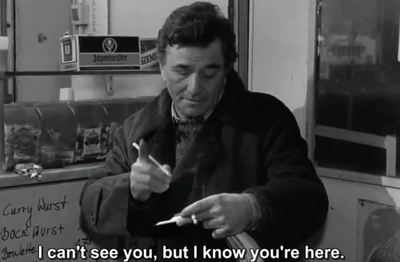


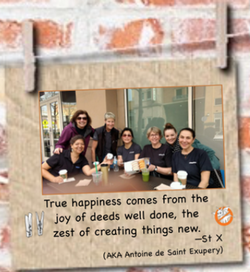

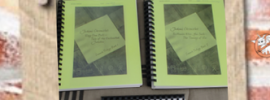
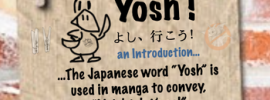
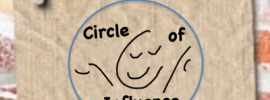
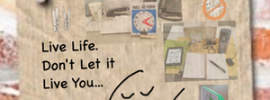
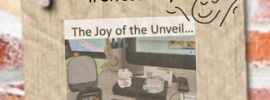
Speak Your Mind